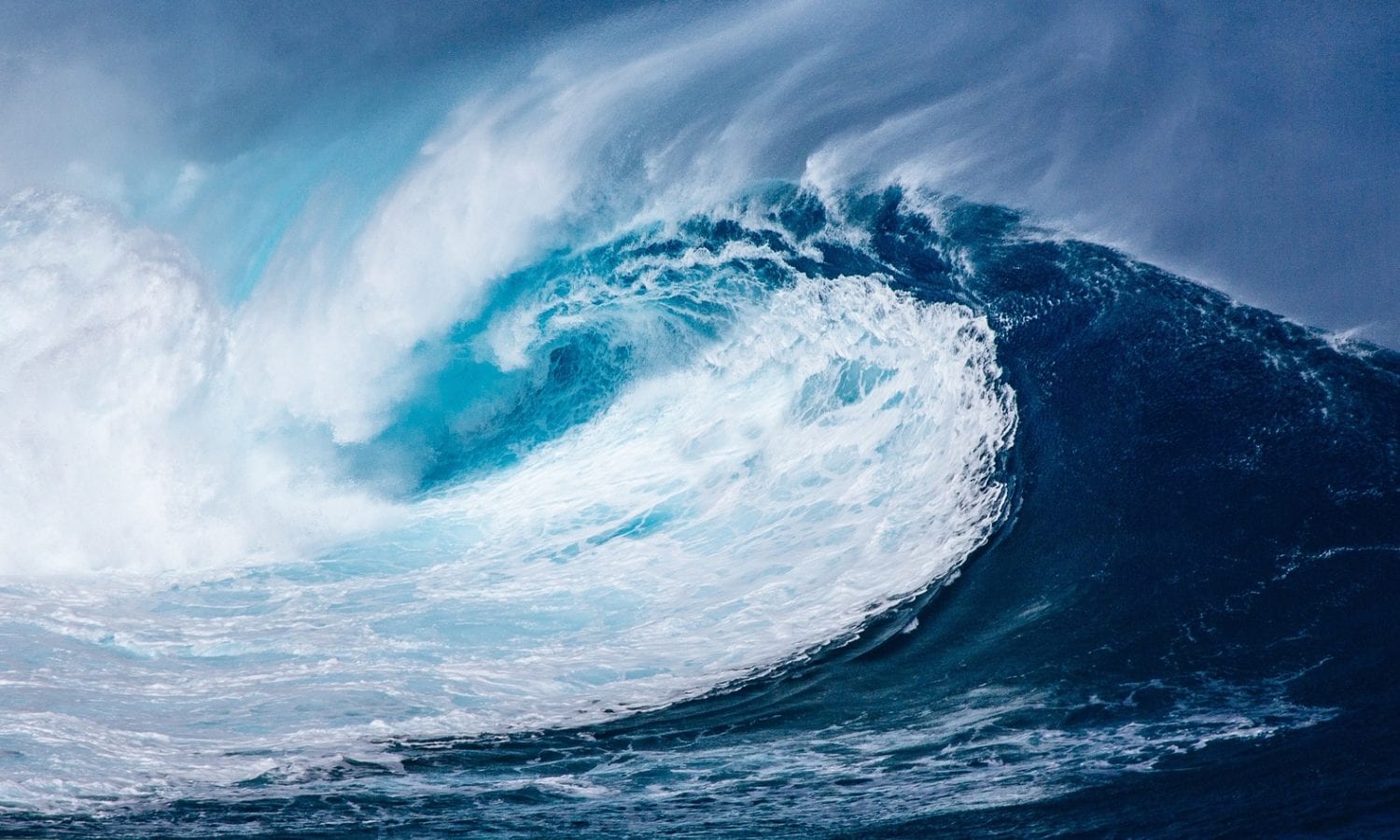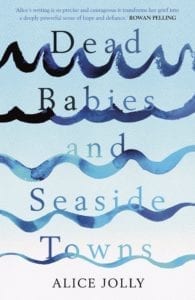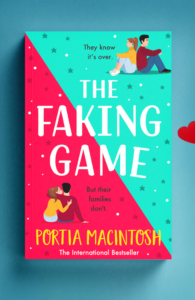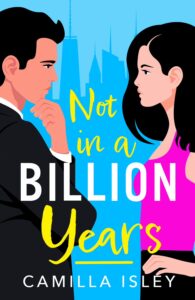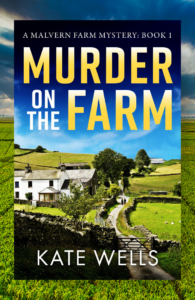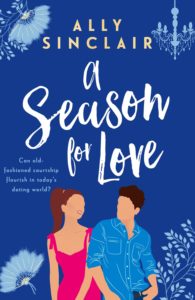The world of dead babies is a silent and shuttered place. You do not know it exists until you find yourself there.
When Alice Jolly’s second child was stillborn and all subsequent attempts to have another baby failed, she began to consider every possible option, no matter how unorthodox.
Dead Babies and Seaside Towns by Alice Jolly Review
A True Story of Stillbirth, Miscarriage, Surrogacy… and Hope
The saying ‘Don’t judge a book by its cover‘ is a paradox when it comes to novelist Alice Jolly’s memoir of her grief and love for her children. For whilst the title may not appeal to the masses, indeed, as Alice herself has explained in countless media interviews, it was perhaps the only way to finally break the literary taboo shrouding baby loss – in all its tragic forms – as well as surrogacy; the latter an alien term often greeted with stunned expression and raised eyebrows… particularly when regarded from a quintessentially British perspective.
Is it slightly biased of me to review a book on a subject whose path I (in part) sadly know very well?
Perhaps. And particularly when one considers my other day job – a Literary Agent who has knocked at the door of no less than 128 UK publishers with an anthology of baby loss stories and poetry… only to be met with stony silence or rejection. But I also feel I will make an interesting example of a reviewer. I am split down the middle experience wise, fortunate enough not to have gone through a miscarriage (to my knowledge), but alas, I am the mother of a stillborn baby girl, like Alice.
I am also hardly enthralled by the title, as much as I adore the seaside. I do not wish to think of my baby as dead, to refer to her as being so… Yet, neither am I a bereaved parent who opts to soften my baby’s death with all things cherub and angel. That isn’t me either. And so, the title is what it is: an accurate and factual description of a family tragedy, and the fleeting moments of a light at the end of a very long, dark and emotional tunnel. The title could be no other. And whether it chimes with us on a personal level or not, the title is actually perfect.
We are as unique as parents as are our babies; the same goes for the myriad of ways in which we individually express our pain and loss. Alice scripts this stunningly, lovingly, hauntingly and in a way that is ultimately so very real. This is precisely the kind of literature we need to filter into society, breaking barriers and moving mountains. And my goodness, has she achieved it.
I am also very spiritual – even more so since the death of my baby – and Alice in her book asks many a question with regards to the existence of a Higher Power. It makes for fascinating contemplation whatever our stance. Finally, I went into this book absolutely clueless. I had no preconceived ideas as to the trials and tribulations surrounding not only surrogacy, but adoption too (a process explored by Alice and her husband). My education on the reams of red tape surrounding both of these routes has been the steepest of learning curves.
Thanks to the sensitivity and non-conformist vision of the UK crowdfunding publisher, ‘Unbound’…
Alice’s words are available to the masses; for 1 in 4 women experience baby loss in the UK, with around 4000 pregnancies ending in stillbirth every year. This is a statistic which should not – and thankfully cannot – keep being ignored by the powers that be of the the publishing and media, as well of course as the medical and political worlds. It’s just not good enough. And there are frankly, despite our squeamish discomfort about staring the death of an infant in the face, zero excuses to keep brushing the subject under the carpet.
Alice’s raw, poignant, heartbreaking yet optimistic journey has made it so. The lid to Pandora’s Box has finally been lifted and the extremely talented author gives us all permission to cry, laugh, love and share in our own very personal grief.
It’s a very particular grief.
And Alice pinpoints it so accurately, in the most fluid and moving language, that many were the times I had to snap the book shut and let my own floodgates open. It’s a grief I was amazed to find myself occasionally laughing about too. Yes, that sounds counter-intuitively distasteful, I know. But somehow, sometimes it is the only way to deal with yet another inquiry about the number of children you have/the paunch that remains of your once pregnant belly/the slip-ups in conversation/the flurries of ‘everything happens for a reason‘.
That is what makes her book so powerful; the ability to recapture the intricate details of a moment, the sewing together of days, weeks and months of ‘soldiering on’. I particularly adore this quote:
“I load a short story into the dishwasher, hang Thomas on the clothes line, shout at the washing machine to take its dirty rugby shorts off the stair rail. Now. Right now… “
I have no idea how Alice does it. The years surrounding my daughter’s death are a fug, a haze of complete indifference to the outside world, peppered with the odd uplifting moment. But Alice’s gift is to seize every last detail of the sights, sounds and smells, people, conversation, the nuances of everyday life, down to the contours of the coffee table, the texture of a fabric, the hue of a sky, the swell of a tide.
“What else do I remember about the Easter Baby?… The morning is brisk and jewel-bright. Thomas and I can’t find the sea – how strange to mislay the sea – but we wander around an inland boating lake where geese paddle amidst stray plastic bags. An elegant little Victorian pavilion with dusty glass has been roughly covered in bright green paint. Despite the fact that I feel headachy, nauseous and hungry, I’m ridiculously happy. Sea salt air and morning sickness mix surprisingly well.”
I am really rather envious of this ability in many ways. I wish I had thought to take my own notes.
Alice’s memoir is imperfectly perfect.
Can I say that? Yes, I can. She has metamorphosed her despair, the flaws of the characters she meets along the way in her then home of Brussels (many of whom one would expect to encounter in a Dickensian novel), the setbacks, the medical catastrophes, the biological disappointments, the elephant grey skies of trips to Cornwall, Wales, Brighton and Paris into something of absolute beauty.
Dead Babies and Seaside Towns is a compelling read…
For anybody and everybody; particularly those in related medical fields, who would glean so much backstory into the behind-the-scenes lives of women, leading to more compassionate treatment and understanding. And it is certainly for those who have been through the peaks and troughs of baby loss, the build-up and scrutiny of adoption and surrogacy, for sure. And yet, many of those parents would feel unable to read it; herein lies the complex nature of grief, the desire to put everything ‘to bed’, the ego’s protective stance over the heart to not rock the boat. But this is such a cathartic read.
Whilst you will undoubtedly cry – and perhaps a lot – your compassion for the strength of women will grow. Your understanding of the very individual needs of bereaved parents will become even deeper. Your desire to share your own stories will probably become harder to quell. Your judgement will diminish. This is exactly what the world needs in order to educate, inform, heal, honour and love freely. Far be it for me to instruct anybody on the best way to grieve. But I do know one thing: nothing changes if nothing changes. And here is a book to soothe and remind one and all that we, as parents, are in the same boat. Both when it comes to baby loss and the unbending and frustrating rules surrounding domestic and overseas adoption and surrogacy.
“Finally I think it comes down to the fact that many people – most people perhaps – don’t believe that a woman should be able to give birth to a baby and then hand that baby over to another woman. If you can do that then surely you aren’t a proper woman?”
By airing the facts and de-mystifying the myths as Alice has done, we can be left in no doubt that everything has to be improved. One of the most heartbreaking things I take away from this book, besides the obvious themes which chime with me personally, is the absolute craziness that is so many children in need of a good home; so many prospective parents with so much love to give, and so many unfathomable, insurmountable, petty obstacles.
Happily ever after?
Well, of course the answer to that is a very definite no. We are changed forever when our children die before ourselves. No matter how tiny they may have been.
Alice’s quote referring to baby Laura’s funeral sums it up plainly but perfectly:
“I realise that, for everyone else, this is finished now. For us, it’s never going to end.”
Simple words maybe. But they are utterly powerful, and pierced my heart anew bringing about the most frantic and unexpected episode of sobbing.
It goes against the complete order of the way things should be. But, Alice and her family’s tragic tale does have a wonderfully uplifting ending. I can’t and won’t give too much away. It’s an unconventional ending for sure. But it’s an ending enveloped in love, generosity and awe. My only breadcrumb will be this: we can sometimes learn more than we realise from America. It is the ending of any great novel – which despite being a memoir; it is the finale of fairy-tales because of the transformative power of humanity, kindness and the unconditional, sisterly support of women.
Dead Babies and Seaside Towns is published by Unbound.
ISBN: 978-178352-105-0
